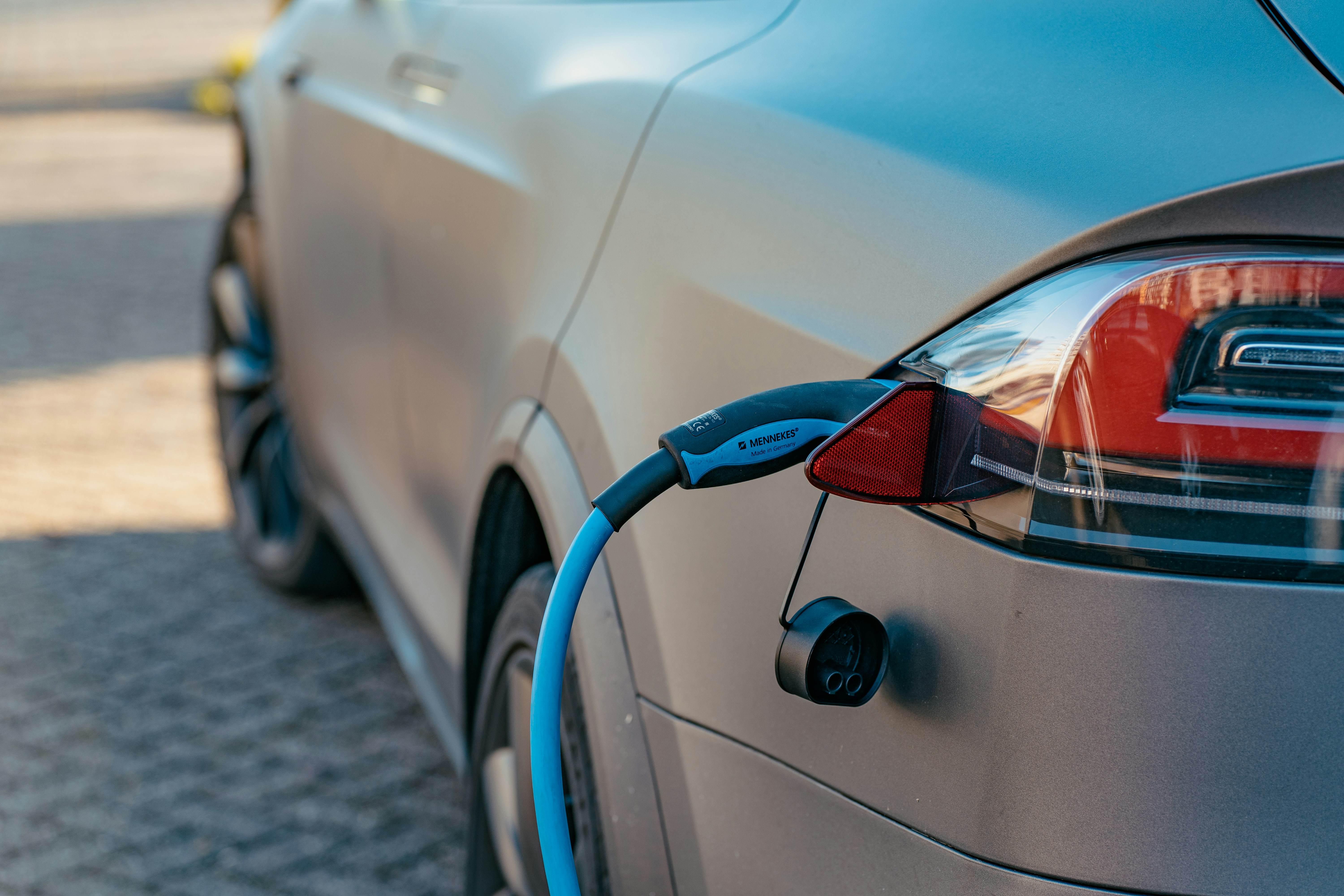In the 2024 legislative session Charge Ahead Partnership (CAP) is following Assembly Bill 4624 and Senate Bill 256. This legislation would require electric utilities to file rates with the Board of Public Utilities that would utilize alternatives to both traditional demand-based rate structures and capacity demand charges and accelerate third-party investment in EV charging infrastructure. A4624 had its first hearing on September 19, 2024 in the Assembly Transportation and Independent Authorities Committee and received a favorable vote. This legislation is now in the Assembly Telecommunications and Utilities Committee. S256 has not moved since introduction and is currently in the Senate Environment and Energy Committee. CAP sent in a letter of support for A4624 ahead of its committee hearing.
In October 2023, Charge Ahead Partnership submitted comments to the New Jersey Board of Public Utilities in Docket No. ER23030124. This docket served as the basic general service (BGS) case for all of New Jersey’s electric distribution companies (EDCs) for 2024. In the board’s order concluding the 2023 BGS case, it directed the EDCs to make proposals regarding rate design for direct current fast charging (DCFC) stations in their 2024 BGS case. The utilities all did so, with PSE&G, Atlantic City Electric, Rockland Electric and Jersey Central Power & Light proposing temporary pilot programs with a focus on kWh billing instead of existing demand frameworks. CAP sent a letter praising the pilot programs as an alternative to rate structures based on demand charges but also encouraged the Board to consider permanent solutions to demand charges in order to provide necessary certainty to businesses considering investing in EV charging stations. The Board found the EV charging proposals from the EDCs to be reasonable and directed them to implement two-year DCFC pilot programs and to file an update on the programs in July 2024 as part of the 2025 BGS proposal.
While CAP has engaged in New Jersey on the legislative and regulatory fronts, if you have operations in the state or learn of additional activity that warrants CAP engagement, please do not hesitate to email us:


